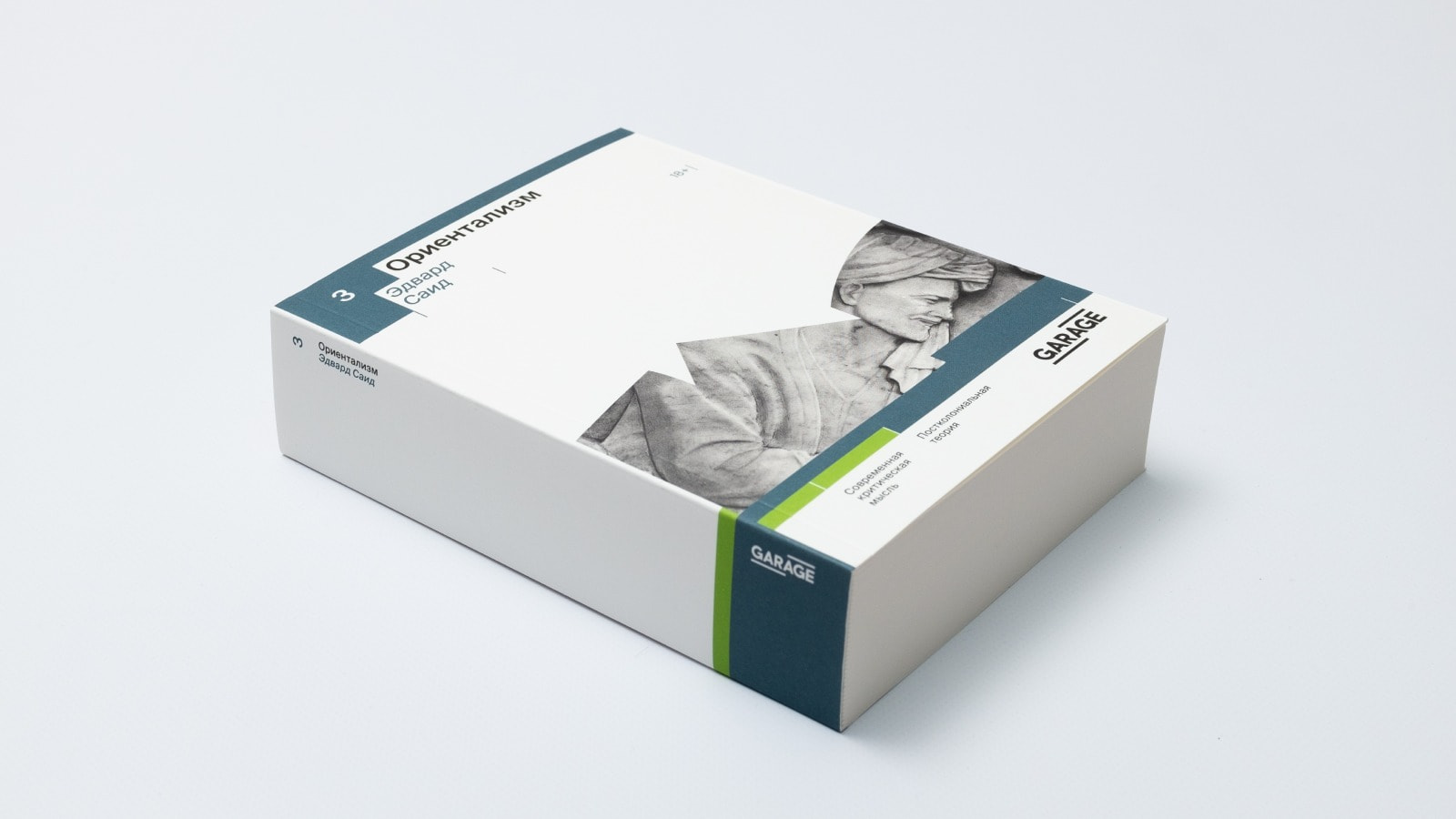Anton Ikhsanov (b. 1992, St. Petersburg) is a research intern at the Poletaev Institute for Theoretical and Historical Studies in the Humanities (Moscow) and a junior research fellow at the Institute for Oriental and Classical Studies of the Higher School of Economics (Moscow). His academic interests include the intellectual history of Central Asia (particularly Turkmenistan) and the history and criticism of oriental studies. As part of his candidate’s dissertation (due to be defended at the Higher School of Economics), Ikhsanov is researching Russian orientalists’ interactions with their Central Asian informants and colleagues.
Vera Tolz (b. 1959, Leningrad) is Sir William Mather Professor of Russian Studies at the University of Manchester. She has published widely on various aspects of Russian nationalism and the relationship between intellectuals and the state in the imperial, Soviet, and post-Soviet periods. Her books include Between Professionalism and Politics: Russian Academicians and Revolution (1997), Russia: Inventing the Nation (2001), and Nation, Ethnicity and Race on Russian Television: Mediating Post-Soviet Difference (2014). Her book ‘Russia’s Own Orient’: The Politics of Identity and Oriental Studies in the Late Imperial and Early Soviet Periods (2011) was published in Russian translation by Novoe Literaturnoe Obozrenie in 2013. From 2012 to 2016, Tolz was Co-Director of the UK’s national Centre for East European Language-Based Area Studies. She is an elected Fellow of the UK’s Academy of Social Sciences.
Hamid Dabashi (b. 1951, Ahvaz, Iran) received a dual Ph.D. in Sociology of Culture and Islamic Studies from the University of Pennsylvania in 1984, followed by a postdoctoral fellowship at Harvard University. He wrote his doctoral dissertation on Max Weber’s theory of charismatic authority with Philip Rieff (1922–2006), the most distinguished Freudian cultural critic of his time. Dabashi is the Hagop Kevorkian Professor of Iranian Studies and Comparative Literature at Columbia University (New York). He is the Series Editor of Literatures and Cultures of the Islamic World for Palgrave Macmillan. An internationally renowned cultural critic and award-winning author, his books and articles have been translated into numerous languages, including Japanese, German, French, Spanish, Italian, Russian, Hebrew, Danish, Arabic, Korean, Persian, Portuguese, Polish, Turkish, Urdu, and Catalan.

